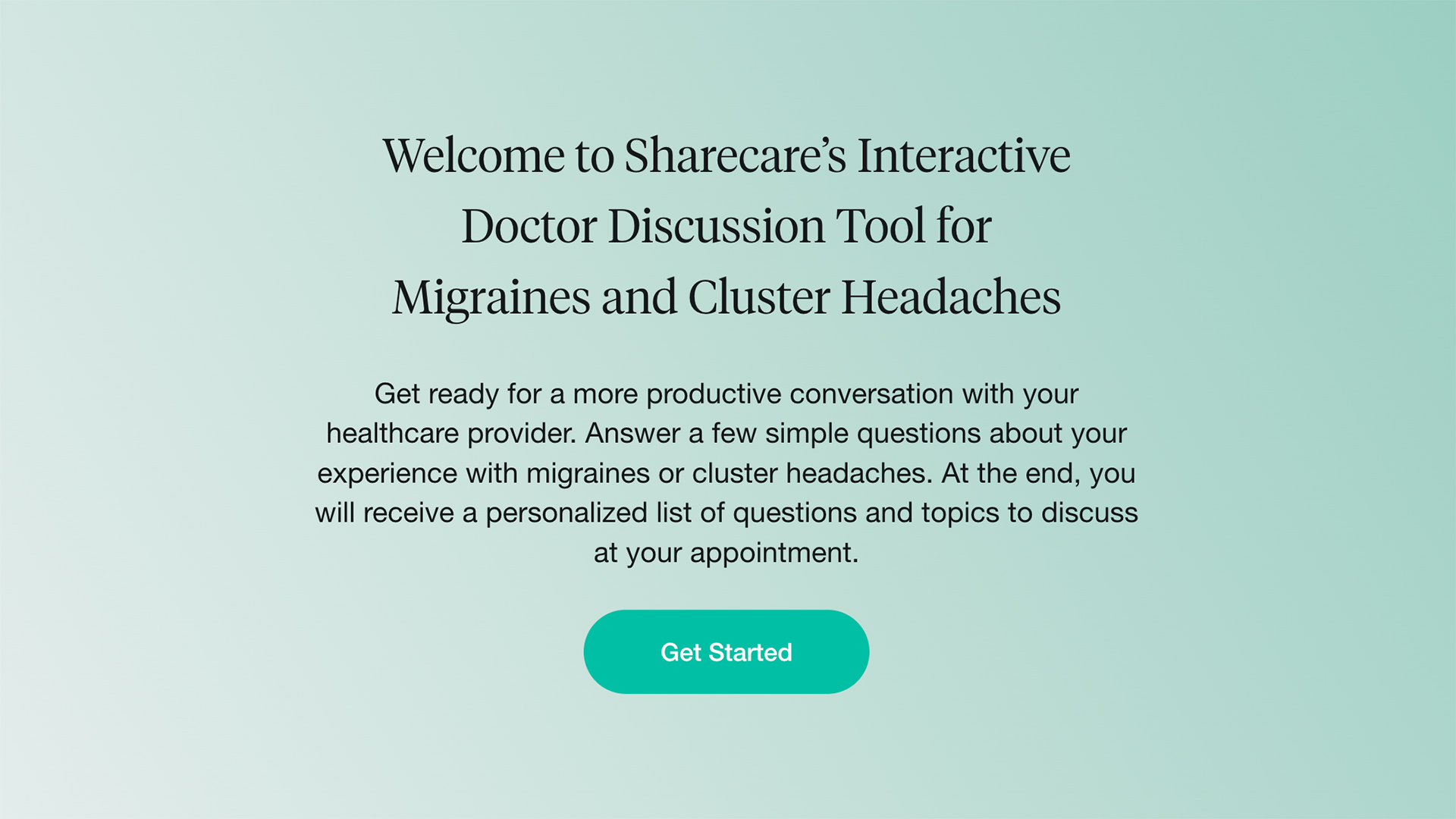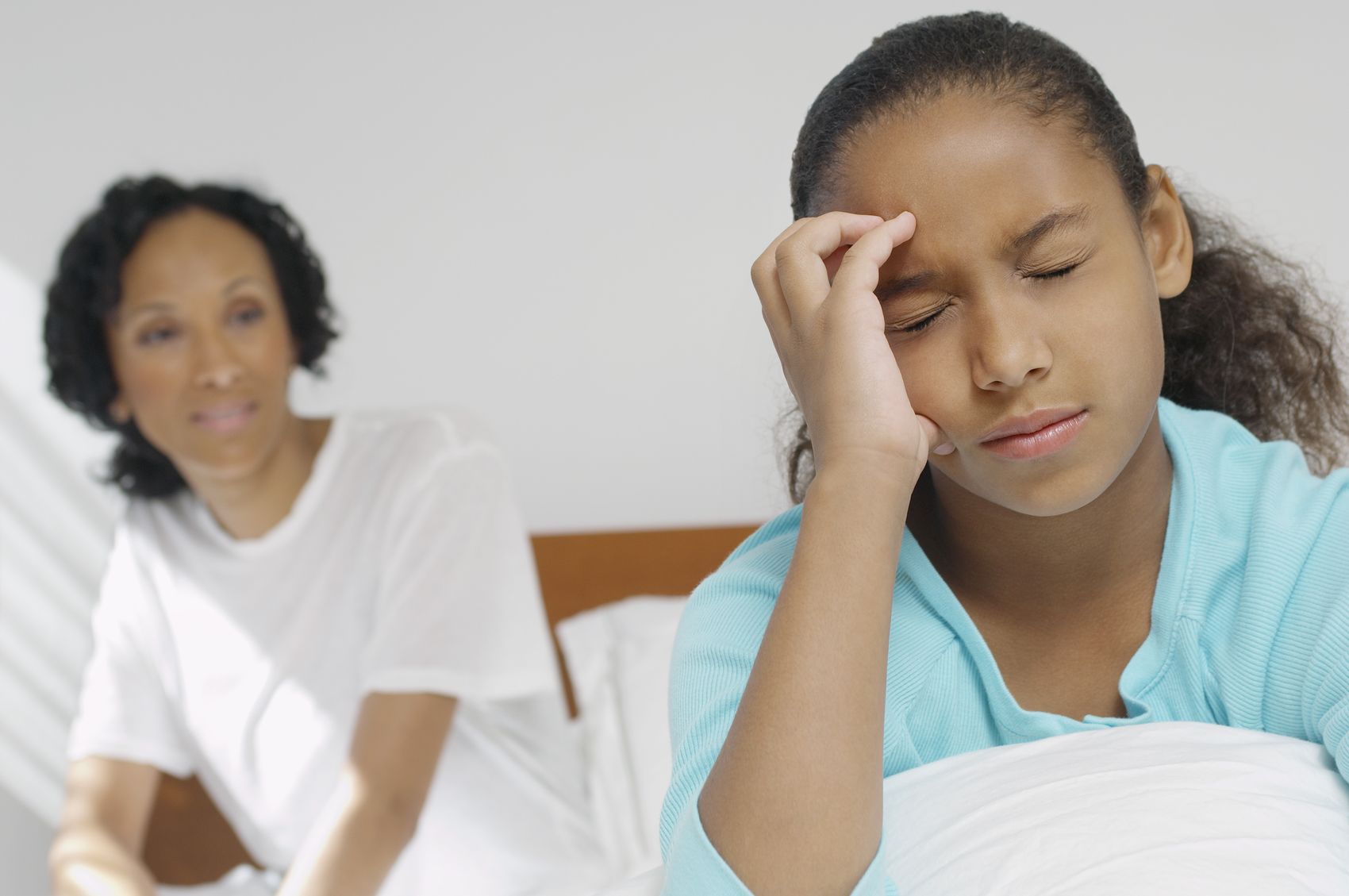Updated on March 3, 2023
If you're one of the 39 million Americans who experiences migraines, you know that your pain is real and can even feel debilitating. But others may not fully comprehend your experience, and might brush off your symptoms as no big deal. Now, research is showing just how commonly that happens.
Migraines: A source of shame?
When it comes to stigma, the lived experience of people with migraines is well documented. People with regular migraines often report encountering high levels of social stigma (sometimes called public stigma), which can affect their physical health as well as their overall quality of life.
Research backs up these reports: Migraine stigma does exist, and it isolates people with migraines. In a survey of people without migraine conducted in 2018, researchers found that nearly one-third of the 2,000 respondents thought people with migraines exaggerate symptoms to get out of commitments. Many participants engaged in victim-blaming, with 36 percent saying people get migraines due to their own unhealthy behaviors. About 29 percent of respondents believed that people with migraines use their condition to get pain medications they don’t actually need, and 27 percent thought a migraine was a way to get attention.
People with migraines may also experience structural stigma, in which institutions create policies—or don’t create them—that make migraines a source of stress and shame. A company that won’t allow a break for someone experiencing a migraine would be considered an example of structural stigma.
Internalized stigma, in which people feel shame and believe negative narratives about themselves, is often reported by those with migraines, as well.
Communication is key
What can a person who experiences migraines do to reduce stigma? It starts with communication.
To help friends, family, and colleagues better understand, consider sharing your migraine experience. For example, if you've made plans with a friend but have to cancel them when you're in the throes of a migraine, take the time when you're feeling better to explain your pain.
And if a migraine may get in the way of your productivity at work, talk to your boss. Let them know how your performance may be affected. If you feel comfortable, suggest some accommodations that could help. These might include access to natural light, quiet spaces, areas without strong scents, and regular breaks.
To work through internalized stigma, it may help to see a counselor or therapist, or join a support group for people with migraines. Speak with your healthcare provider for recommendations.
More than a billion people worldwide experience migraines. It's important to remember that you’re not alone—and there’s help available.






